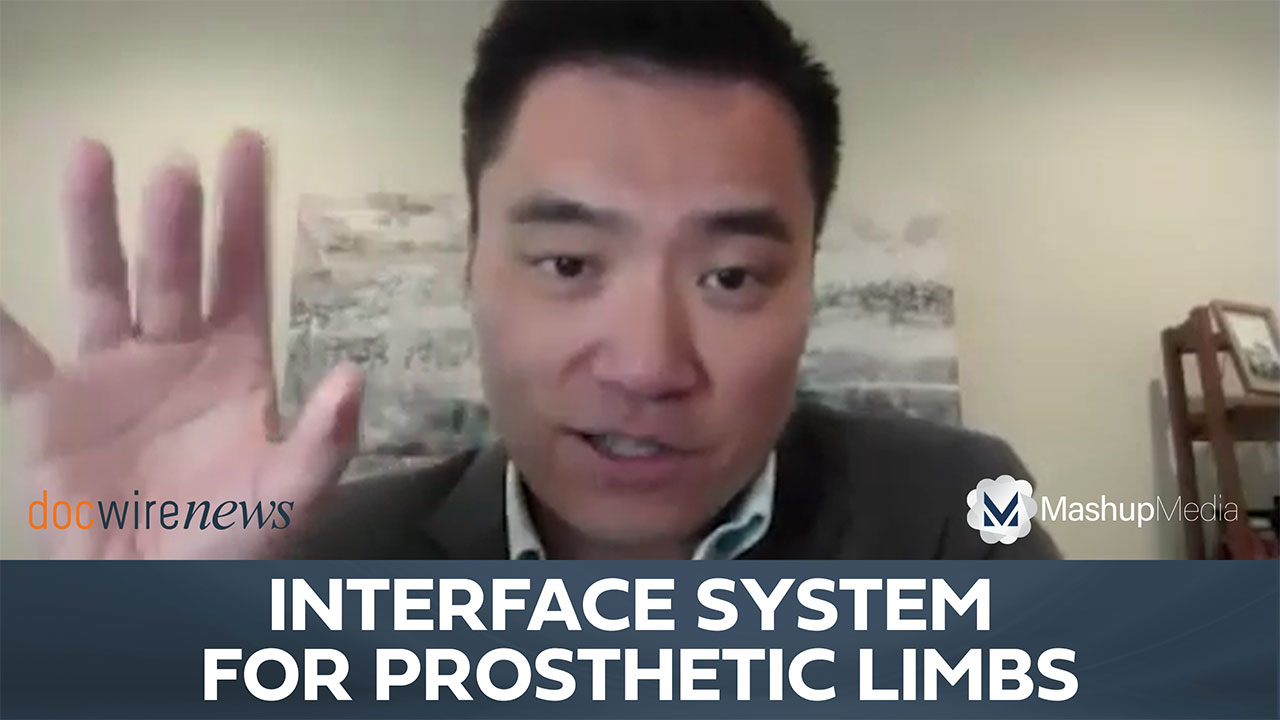
Machine learning AI has recently been used to distinguish between patients who are fit for laser eye surgery and those who are likely to experience post-operative complications. The referral for this procedure often goes misdiagnosed, but by using AI, these researchers have potentially created an accurate screening tool for the surgery. Their work was published on June 20 in the journal npj Digital Medicine.
Refractive surgery, such as LASIK, utilize lasers to reshape the cornea in treating conditions such as near and farsightedness, and astigmatism. It is essential to screen candidates for these operations to prevent adverse outcomes, but there are no existing screening methods that address the possibility of improper diagnosis. Visit https://eyelasersurgeryvancouver.ca/ for more information.
To address this, senior author Tyler Hyungtaek Rim of the Singapore Eye Research Institute and colleagues trained five algorithms to identify appropriate surgery candidates. Along with these five algorithms was an ensemble classifier that was developed to improve the system’s performance.
The team analyzed data from healthy Korean subjects with intention to undergo refractive surgeries between 2016 and 2018. 10,561 subjects were used in the algorithm training set that constructed the prediction models. An internal validation set of 2,640 participants was used to test this prediction model’s ability to predict candidacy for the operation. External validation was conducted using 5,279 subjects as well.
READ MORE: How IDx is Paving the Way for Artificial Intelligence Use in Medicine
The team found that the ensemble classifier was able to differentiate between good and bad candidates for corneal refractive surgery with 93.4% accuracy. Authors note that the large collection of cohort data allowed the machine learning algorithms to precisely detect the clinical signs associated with eye conditions. This AI platform combines multi-instrument data and clinical decisions from trained professionals to yield impressive results.
Tyler Hyungtaek Rim and colleagues note that this machine learning model matched the performance of experts, with consistency in the high-risk groups with nearsightedness, astigmatism, and thin central corneal thickness.
“Our proposed machine learning model is expected to perform reliably because it was trained by a large population,” the authors concluded. “An automated analysis of preoperative data can provide a safe and reliable clinical decision for refractive surgery. In the future, this approach will facilitate standardized and automated selections of surgical choices.”
Adopting machine learning to automatically identify candidate patients for corneal refractive surgery https://t.co/ZQjtaK5RHv via @mydocwire
— Sergyl LAFONT infos for everyday life. (@SergylB) July 2, 2019







 © 2025 Mashup Media, LLC, a Formedics Property. All Rights Reserved.
© 2025 Mashup Media, LLC, a Formedics Property. All Rights Reserved.